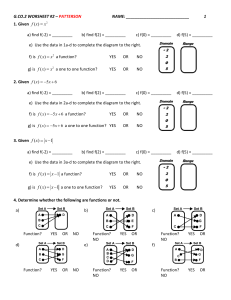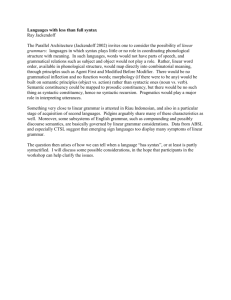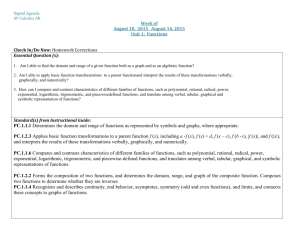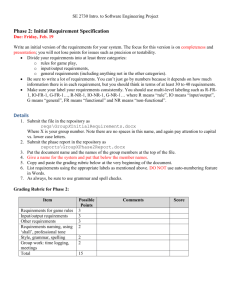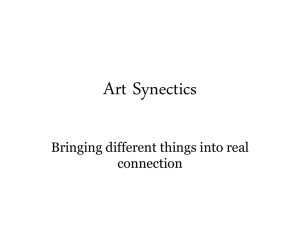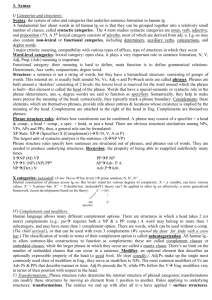Advanced Syntax-english - Yerevan State Linguistic University after
advertisement
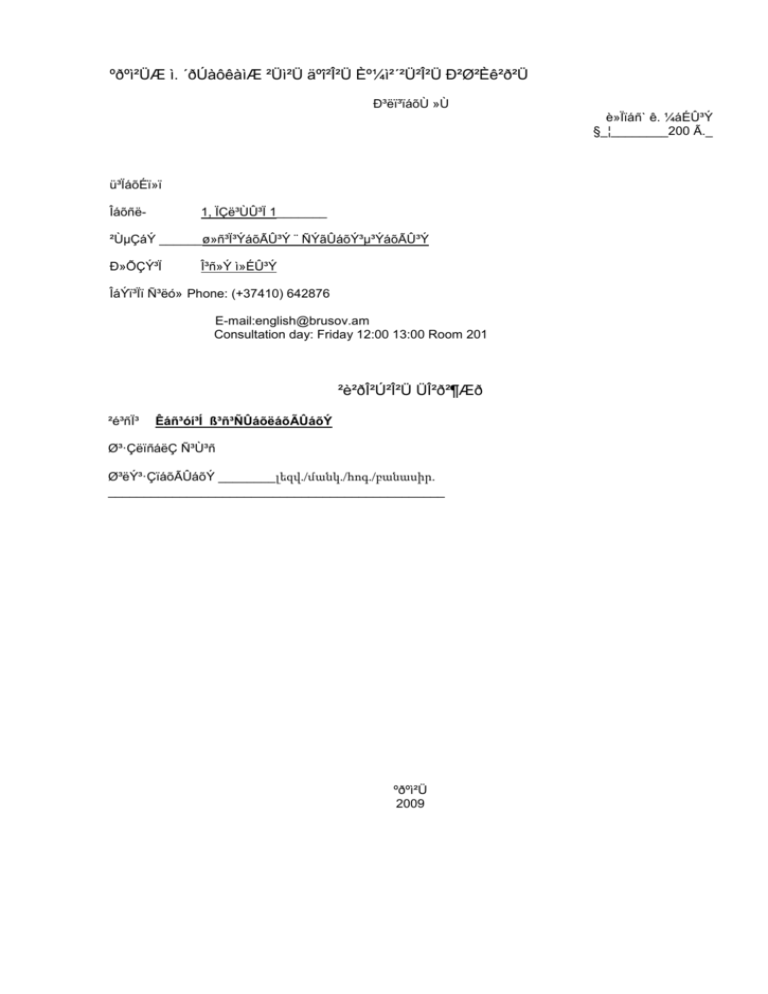
ºðºì²ÜÆ ì. ´ðÚàôêàìÆ ²Üì²Ü äºî²Î²Ü Ⱥ¼ì²´²Ü²Î²Ü вزÈê²ð²Ü гëï³ïáõÙ »Ù è»Ïïáñ` ê. ¼áÉÛ³Ý §_¦________200 Ã._ ü³ÏáõÉï»ï Îáõñë- 1, ÏÇë³ÙÛ³Ï 1_______ ²ÙµÇáÝ ______ø»ñ³Ï³ÝáõÃÛ³Ý ¨ ÑÝãÛáõݳµ³ÝáõÃÛ³Ý Ð»ÕÇÝ³Ï Î³ñ»Ý ì»ÉÛ³Ý ÎáÝï³Ïï ѳëó» Phone: (+37410) 642876 E-mail:english@brusov.am Consultation day: Friday 12:00 13:00 Room 201 ²è²ðÎ²Ú²Î²Ü Üβð²¶Æð ²é³ñϳ Êáñ³óí³Í ß³ñ³ÑÛáõëáõÃÛáõÝ Ø³·ÇëïñáëÇ Ñ³Ù³ñ سëݳ·ÇïáõÃÛáõÝ ________լեզվ./մանկ./հոգ./բանասիր. _______________________________________________ ºðºì²Ü 2009 Description: This is an extended course in Modern English syntax that deals with most up to date theories about the structure of English, and primarily of the English sentence. This course first and foremost presupposes the knowledge of English grammar, basically syntax, from the framework of Traditional Grammar. The present course moves students into the study of structural syntax, specifically, and then into the structure of the English sentence from the framework of Generative-Transformational Grammar. In this course, students are expected to learn about grammatical competence and performance, various kinds of phrase-markers, generating phrasemarkers, X-bar theory, different types of transformations – V-movement, I-movement, NPmovement, WH-movement , and a bunch of other current theories existing in up to date American linguistics. Objectives: The key objective of the course is to bring students to the knowledge of most current theories in English Syntax. No less importantly, another purpose behind this course is to enable students to better understand and analyze the inner structure of Modern English phrase and sentence, the function and operation of transformations. As students have finished this course, they will be able to go off and read and understand the literature on Transformational Grammar, as well as conduct research on their own. Course policies 1. Grading policy 2. Attendance policy 3. Academic honesty and behavior 1. Grading policy This course grade is determined by attendance and written tests. Each unit (module) includes one written test and attendance grading. The overall grade includes the results of two module-tests plus attendance. Component 1 Attendance Component 2 10 90 Written Module test Total 100 GRADING SCALE Rating grade ì¶ Credit Grade ¶ Letter Grade î¶ Comment A Passing grades 97 100 4.0 90 96 3.7 85 89 3.3 80 84 3.0 70 79 2.7 C 65 69 2.3 D 60 64 2.0 E 55 59 1.7 Fx 1.0 F 54 B Fail-some work is required Fail- considerable further work is required I 2. Attendance is important and will be used to portion the students’ grade. Students are supposed to come to class meetings once a week. Attendance to classes will be taken into account in your final grading. During one semester there will be two modules. Presence and participation in modules are obligatory. Missing those will definitely affect your grading. 3. Academic honesty and behavior. Cheating in any form is a serious offence followed by serious consequences. It will not be tolerated and the result is the failure in this course. All the work students do for this course is expected to be their own. Classroom conduct is to be professional, courteous and supportive. All cell phones and other equipment are to be turned off in the auditorium. Disruptive behavior will reduce the grade by 10 %. COURSE SYLLABUS Topics Theory Practice Oral check up Written test Revision Module 1 Modern syntactic theories. A general survey. A Brief review of traditional grammar. Basic concepts. Syntactic constituents. Syntactic functions. Syntactic categories. Principles of categorization Phrase structure. Phrasal categories. 2 4 2 2 1 Topics Theory Practice Oral check up Written test Module 2 2 4 2 2 Phrase markers. Ccommand. Generating phrasemarkers. Trees and phrase structure. X-bar theory. N-bar theory. Transformations. General review. Transformations. Vmovement. Transformations. Imovement. Transformations. NPmovement. Transformations. Whmovement. Overall grade for the course: Module 1+ Module 2= 100% Module check up 1 Total Revision Module check up Total 1 1 12 12 Tentative Schedule: 1 term September- January (weeks 3-17) 2 hours a week Week 1. September 14-19 Topic Modern Syntactic theories. A General Survey. Basic concepts. Brief review of traditional grammar. Syntactical constituents. C-Diagram. Constituent analysis. 2. September 21-26 3. September 28-3 Syntactic functions. Functional analysis. 4. October 5-10 Syntactic categories. Principles of categorization. 5. October 12-17 Phrase structure. Phrasal categories. 6. October 19-24 Phrase markers. C-command. 7. October 26-31 Module written test 8. November 2-7 Generating phrase-markers. Trees and phrase structure. 9.November 9-14 X-bar theory. N-bar theory. 10. November 16-21 Transformations. General review. 11. November 23-28 Transformations. V-movement. 12. November December 5 30- Transformations. V-movement. 13. December 7 - 12 Transformations. I-movement 14. December 14-19 Transformations. I-movement. 15. December 21-26 Transformations. movement. NP-movement. Wh- 16. December 26-31 Module written test This schedule is obligatory for the students. The instructor may use the additional material he/she finds necessary within the module. Course Readings The course is made up of lectures prepared by the instructor. Also, the main text-books used in the course are “ Transformational Grammar”, “A course in Theoretical English Grammar”, “The Structure of Modern English”, “A Survey of Modern Grammars”, “Contemporary Linguistics”, “Readings in the Theory of English Grammar”, and a number of handouts brought from the US universities.
